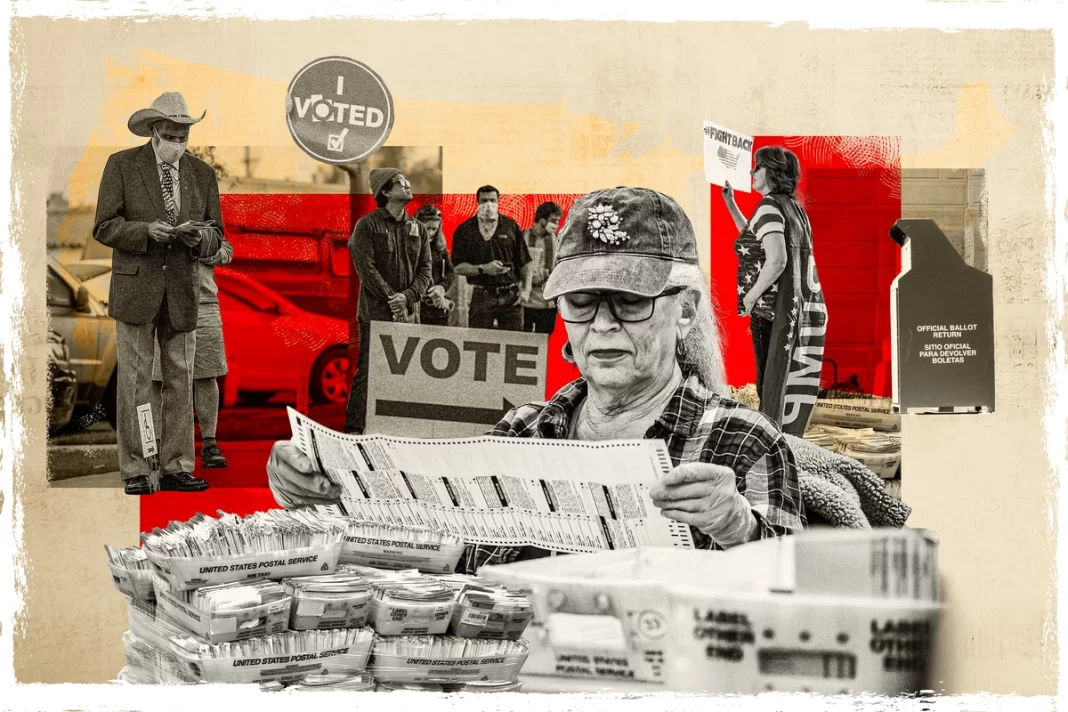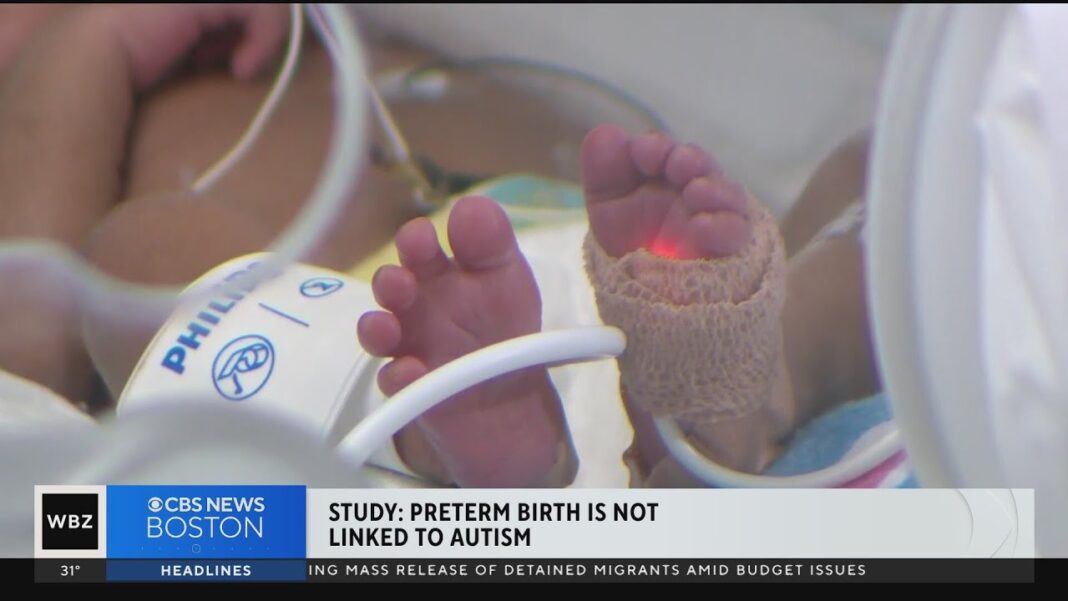
Despite GOP-led efforts to address voter fraud concerns that marred the 2020 election, an analysis of five key swing states finds little fundamental change.
Massive voter fraud allegations that marred the 2020 election spurred a political and grassroots movement from coast to coast to pursue an array of election reforms designed to increase election integrity.
However, with just months left ahead of the 2024 election, Republicans say little was mended, especially in contested states where they thought fixes were needed most.
Much concern is centered around five key swing states that became the focus of 2020: Georgia, Pennsylvania, Arizona, Michigan, and Wisconsin.
Election reforms tend to follow party lines. Democrats commonly castigate increased election security measures as voter suppression, while Republicans often condemn laws and directives that loosen security as aiding and abetting voter fraud.
According to a report from the Brennan Center for Justice, a left leaning, non-profit, law and research foundation, 23 states enacted 53 laws relaxing election security restrictions in 2023, while 14 states enacted 17 laws tightening them.
The statistics suggest that Democrats are still winning the nationwide battle, as they have for the past several years. The report found the states that took the most actions to tighten election security are the places that already had security measures in place.
Of the 14 states that tightened voting procedures, President Trump won all but one (New Mexico) in both 2016 and 2020. The 14 states listed by the Brennan Center include Arkansas, Florida, Idaho, Indiana, Kansas, Mississippi, North Carolina, North Dakota, Nebraska, New Mexico, South Dakota, Texas, Utah, and Wyoming.
The methods by which Americans cast their ballots have changed markedly over the last four federal election cycles, with many people embracing election procedures such as no-excuse absentee voting, early voting, and same-day voter registration.
As early as 2005, the bipartisan Carter-Baker Commission raised concerns that mail-in voting was a vehicle for potentially significant election fraud, yet the method has since steadily grown.
In 2018, a quarter of the electorate voted by mail, according to a study by the Election Assistance Commission (EAC). By 2022, it had become one-third.
By Steven Kovac






